The Covington Family
The Patriarch
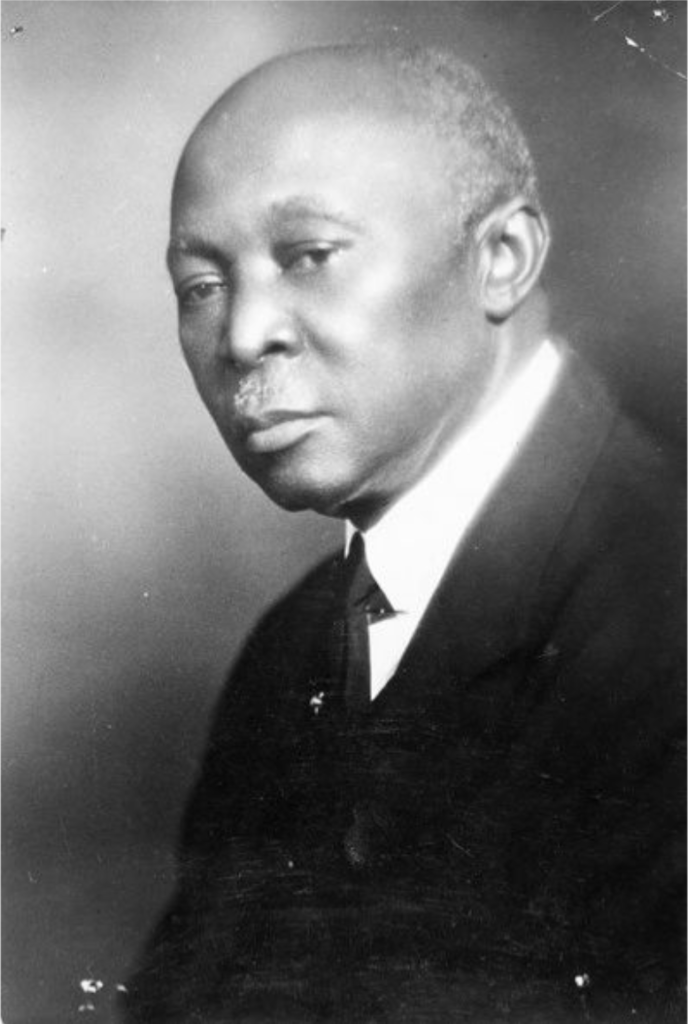
Dr. Benjamin Jesse Covington (1869 – 1961) was born in Marlin, Texas to formerly enslaved parents, Ben and Georgiana Covington. Benjamin spent much of his early life working on a farm in Marlin and his aptitude for surgical procedures flourished as he tended to sick and injured farm animals.
He graduated from Hearne Baptist College in 1892 and began teaching at schools near his hometown of Marlin. He was soon forced to quit as local White residents thought he was paid too handsomely for a Black man.
In 1895, Dr. Benjamin Covington enrolled in Meharry Medical College with a graduation date of 1900. After graduation, he briefly practiced medicine in Wharton and Yoakum, before moving to Houston in 1903.
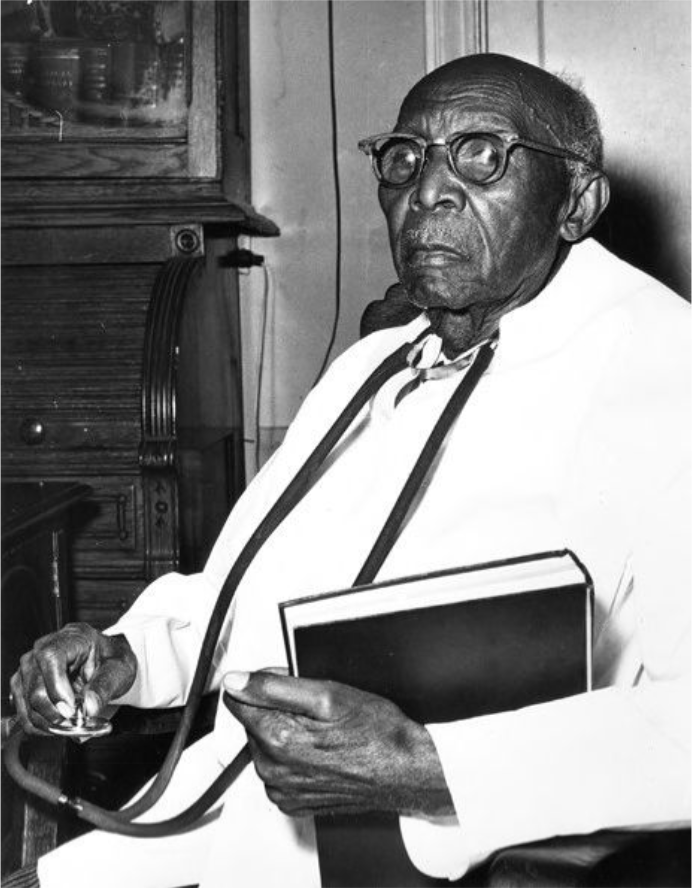
Dr. Benjamin practiced medicine for 58 years in Houston and worked tirelessly to improve cleanliness and sanitation standards during this period.
Additionally, Dr. Benjamin played a large role in creating health facilities for Houston’s under-served Black community. Soon after arriving in Houston, Dr. Benjamin created a 10-bed hospital on Canal Street. This hospital very quickly became overrun, and Covington collaborated with other doctors to construct a new facility. This facility was known as Union Hospital and located in Freedmen’s Town.
In 1925, population growth was calling for yet another new facility. Dr. Benjamin and two other notable Black doctors founded The Houston Negro Hospital, later known as Riverside General, in Houston’s Third Ward.
Last, but definitely not least, Dr. Benjamin Covington created a groundbreaking influenza formula. This formula was used by United States medical officers to create a successful influenza treatment that was used nationwide.
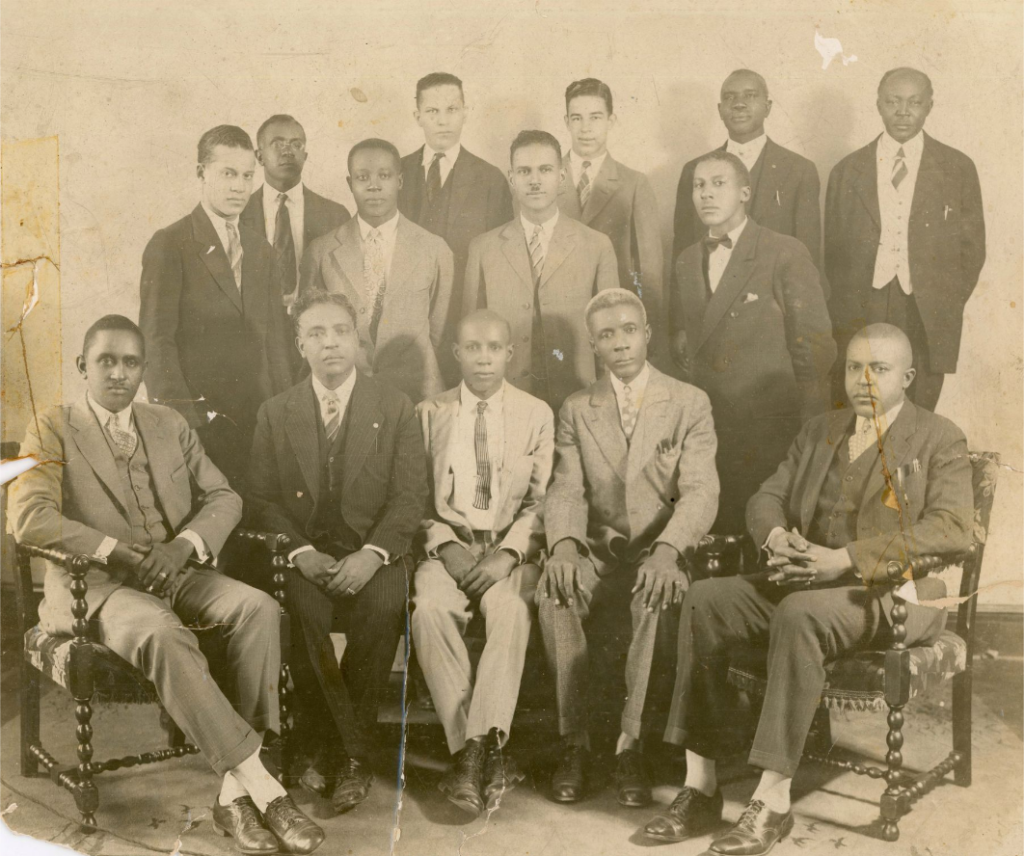
Dr. Benjamin is standing, 3rd row on the far-right
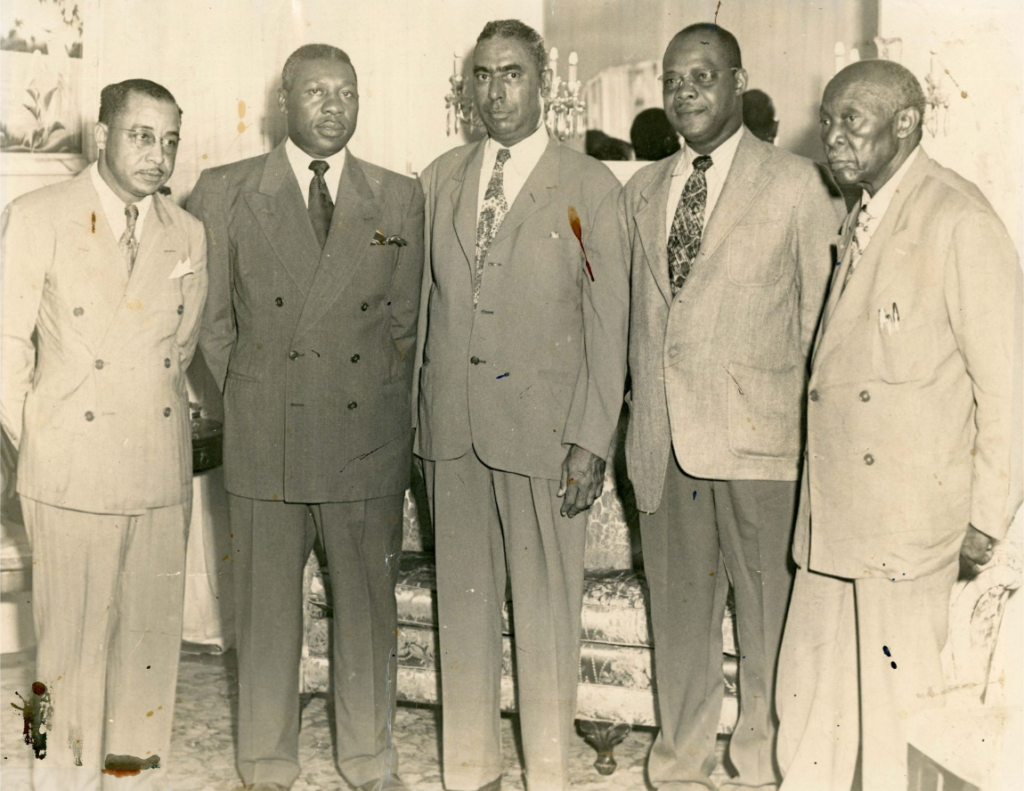
Dr. Benjamin is on the far-right
While Dr. Benjamin Covington wasn’t improving the quality of medical care for Houston’s Black community, or creating life-saving treatments, he was an active member of Antioch Baptist Church, the Masonic Lodge, and the Omega Psi Phi: Nu Phi fraternity.
The Matriarch
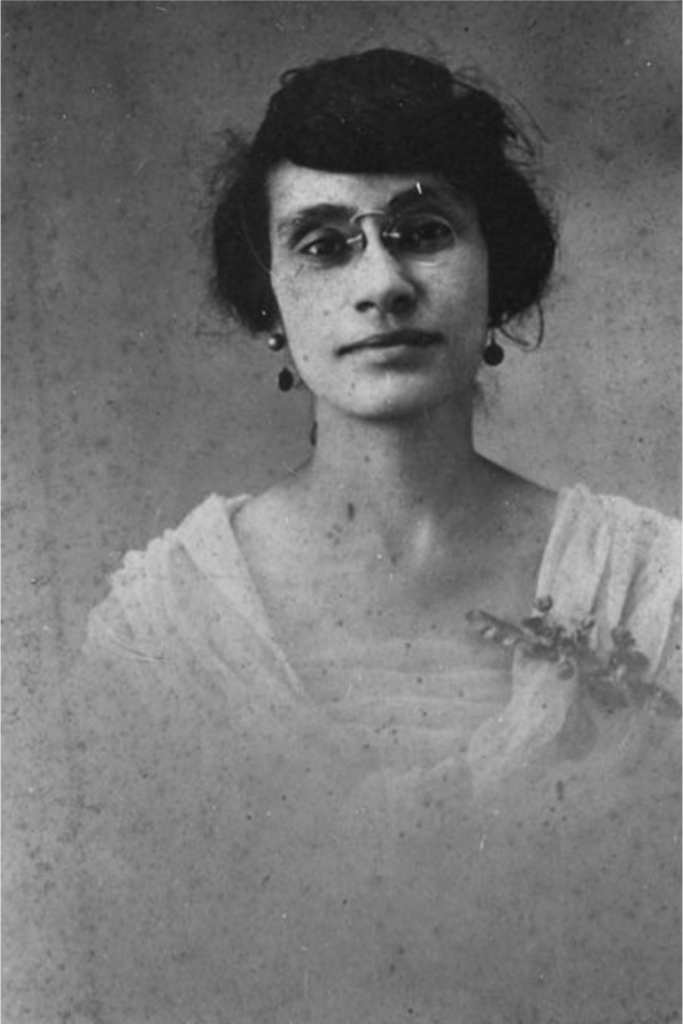
Mrs. Jennie Belle Murphy Covington (1881 – 1966) was born in Clinton, Texas to an unknown (to us) father and Rachel Thomas. She was predominantly raised in Dement, Texas by her aunt and uncle, Jane and Will Jones, respectively.
She attended Guadalupe College in Seguin, Texas where she met, and later married, Dr. Benjamin Covington in 1902.
Jennie Belle was very active in Houston’s Black and female communities, holding chairs on various organization boards throughout her life.
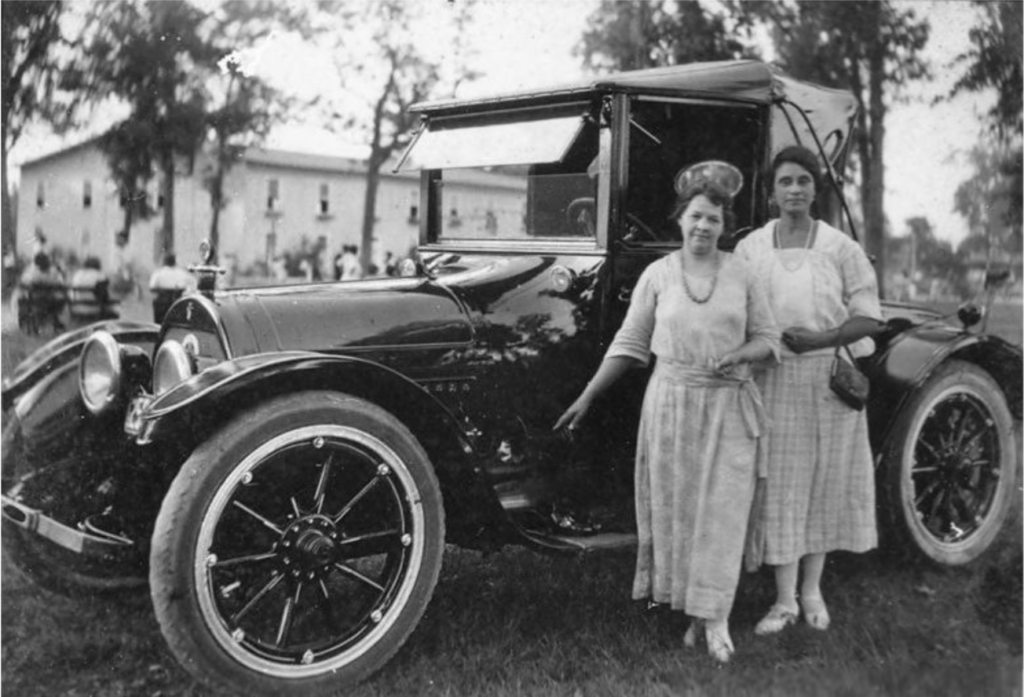
She founded the first branch of Houston’s YWCA (Young Women’s Christian Association) and also held a position as chairwoman for the branch. This YWCA branch, named Blue Triangle, was founded with the goal of providing a safe space for Black girls and women to meet. The YWCA – Blue Triangle branch is still providing recreational and educational services to the young women of Houston’s Third Ward today.
Mrs. Covington also co-founded, and served as chairwoman of, the Houston branch of the Texas Commission on Interracial Cooperation.
Jennie also led these additional Organizations in the following capacities:
- Texas Commission on Race Relations (executive board member)
- Negro Child Center (board member)
- Houston Settlement Association (BakerRipley) (first chairwoman)
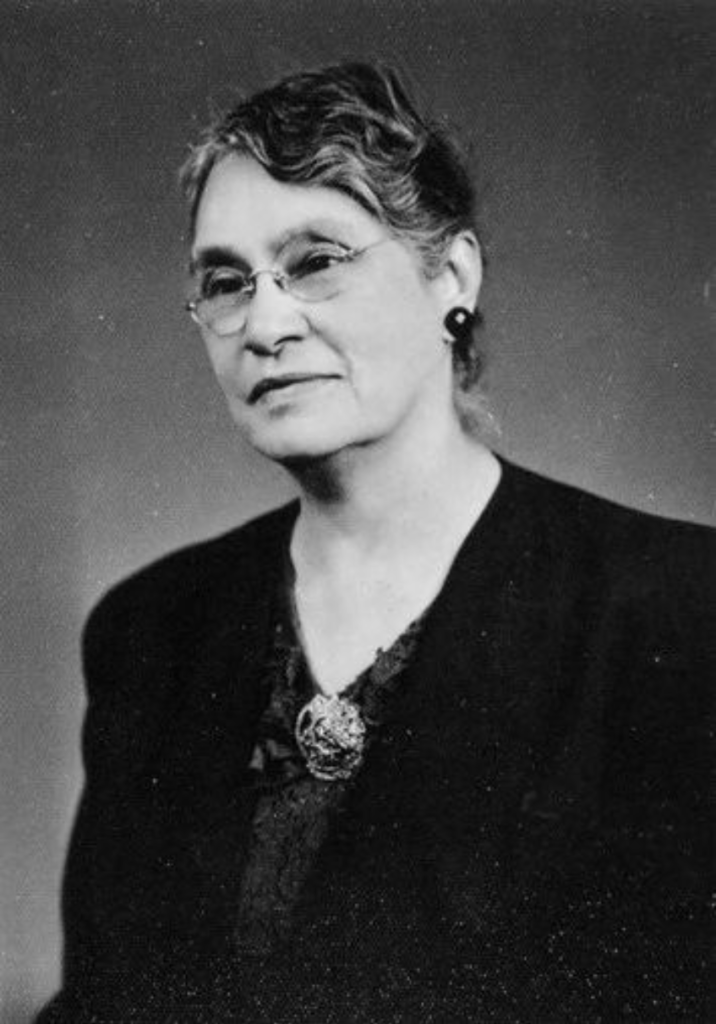
Like her husband, Jennie was a very busy woman who spent a large portion of her life improving conditions for Houston’s Black, Latino, and female communities. In addition to numerous chair and board positions, Jennie was also an active member of Antioch Baptist Church.
The Daughter
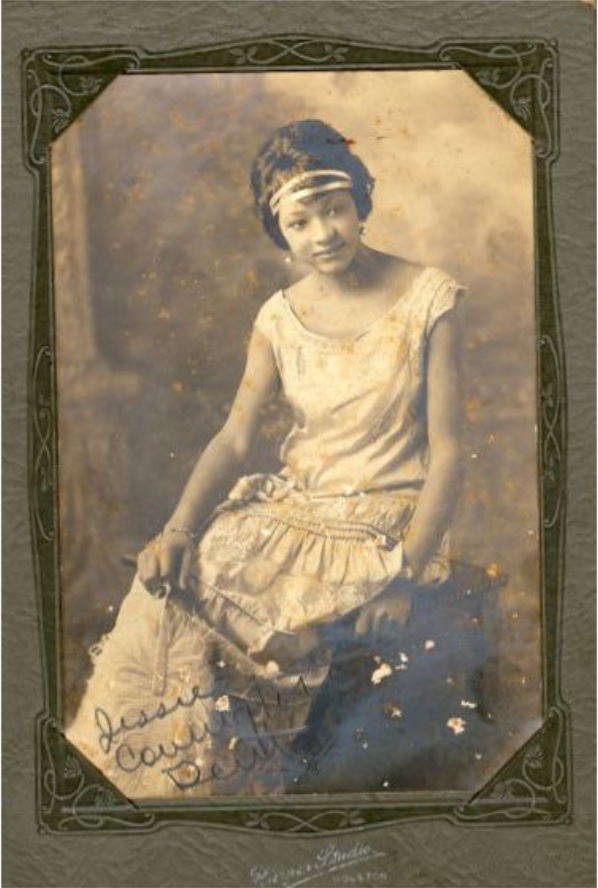
Mr. and Mrs. Covington had one child, a daughter named Ernestine Jessie Covington (1904 – 2001). Jennie Belle began taking piano lessons while pregnant with the intention of influencing Ernestine’s piano affinity.
Ernestine began piano lessons as young girl with Madame Corilla Rochon and Will Nickerson. brother of Nickerson, as a child and teenager. She also played piano for Bethel Baptist Church for a salary of $2/week.
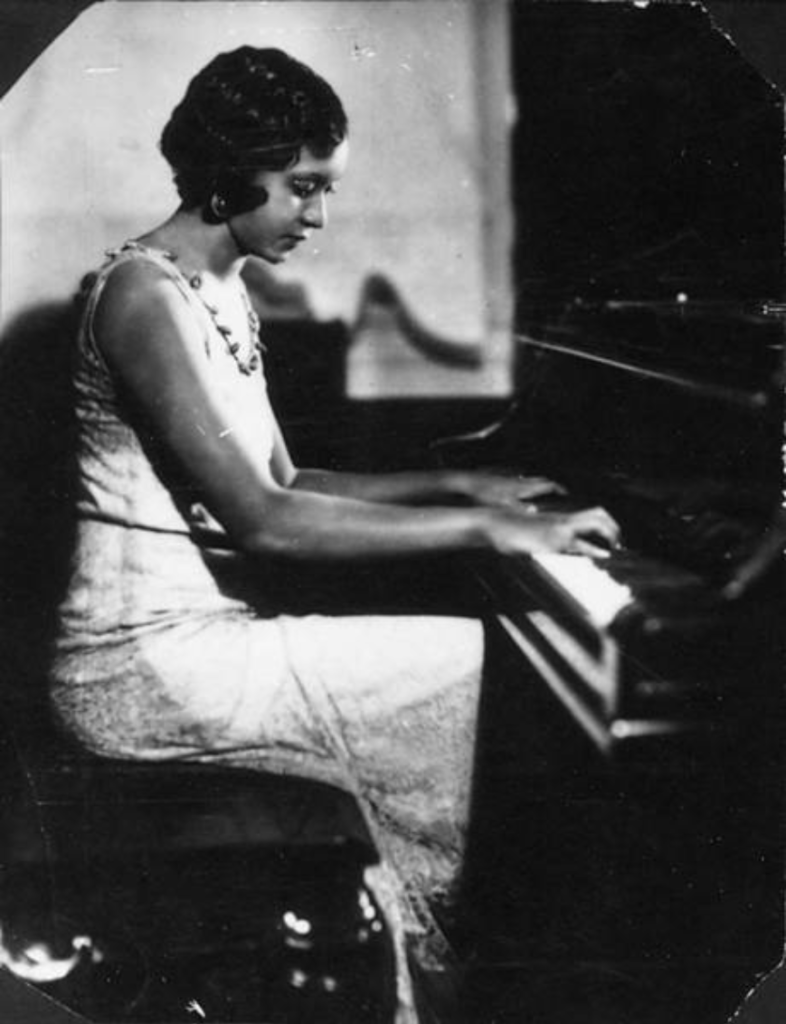
At the age of 14, Ernestine received an early acceptance into Ohio’s Oberlin College. She graduated from Houston Colored High School in Spring 1920, as valedictorian, at 16 and went on to attend Oberlin that Fall.
Ernestine graduated from Oberlin in 1924 at the age of 20 and won four consecutive fellowships from Julliard. Between 1924 and 1928, Ernestine Jessie Covington was one of the most sought after pianists at HBCUs (historically-black colleges & universities) nationwide and performed concerts in New York. She also worked with world-renowned pianists such as Olga Samaroff and James Friskin.
Ernestine taught music at Bishop College and at local Houston schools in between performances. In 1931, she married Albert Dent, the future president of Dillard University in New Orleans, Louisiana.
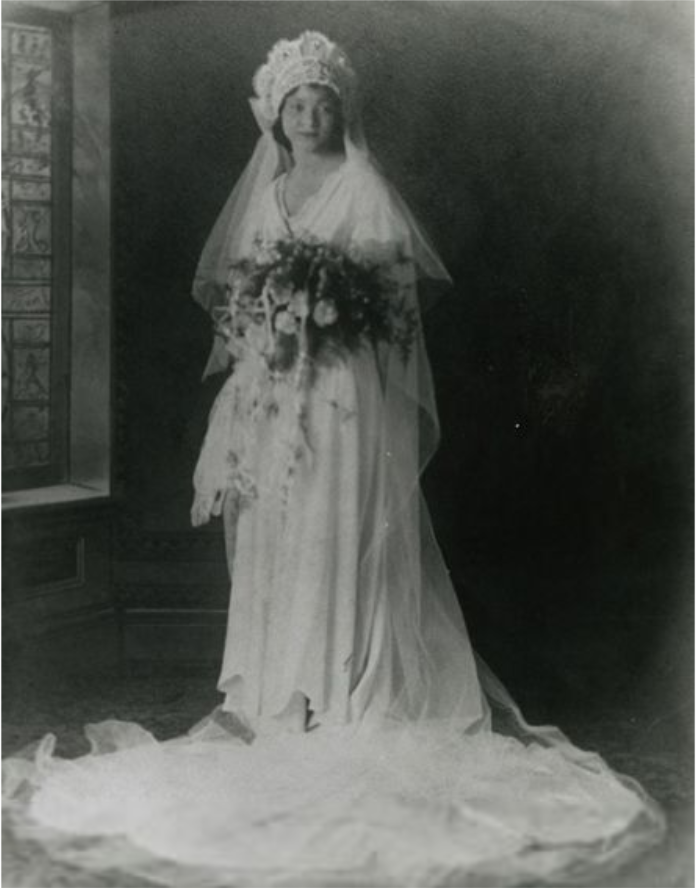
Mrs. Jessie Covington Dent still showed no signs of stopping and returned to Oberlin College for post-graduate studies in 1932 — the same year she gave birth to their first son, Thomas Dent. This same year, the Dent family moved to New Orleans upon Albert’s acceptance of a hospital administration role.
She received her Master’s degree from Oberlin in 1934 and gave birth to Benjamin Albert and Walter Jesse in 1936 and 1939, respectively.
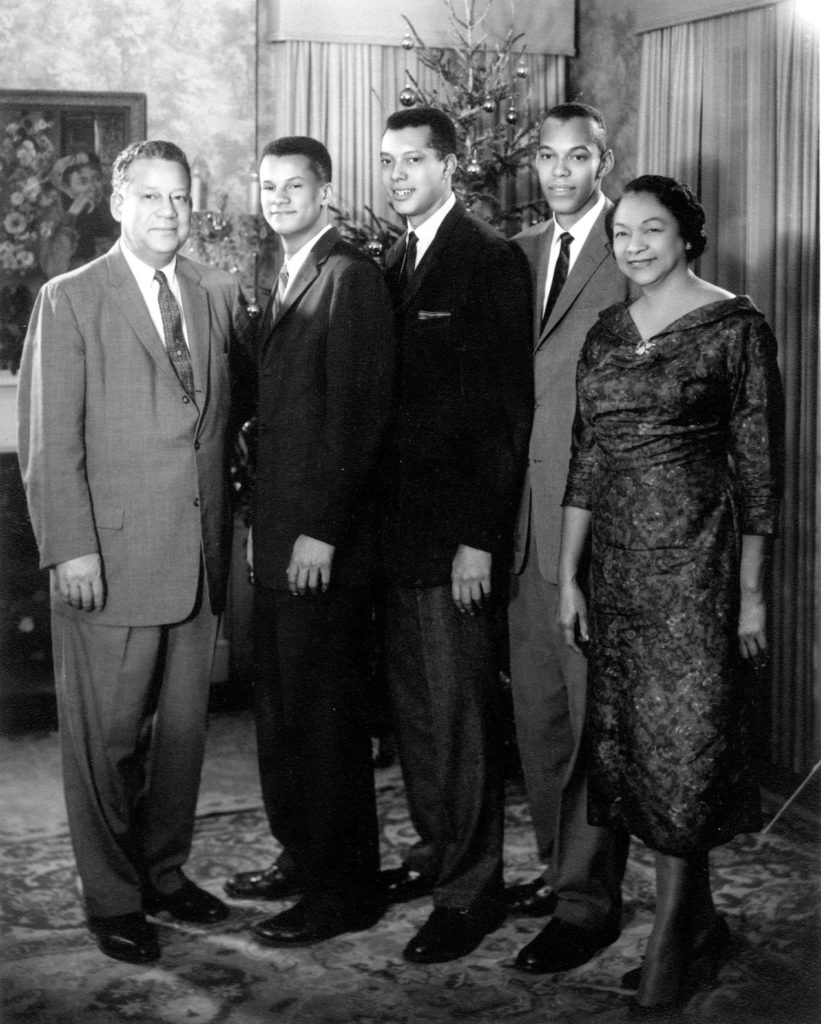
1955
Even as a new mother, Jessie Covington Dent remained active in the music and performance community in her new community of New Orleans. In 1956, she collaborated with Eunice and John Johnson to create the Ebony Fashion Fair, which ran yearly until 2009.
The Covington Family home
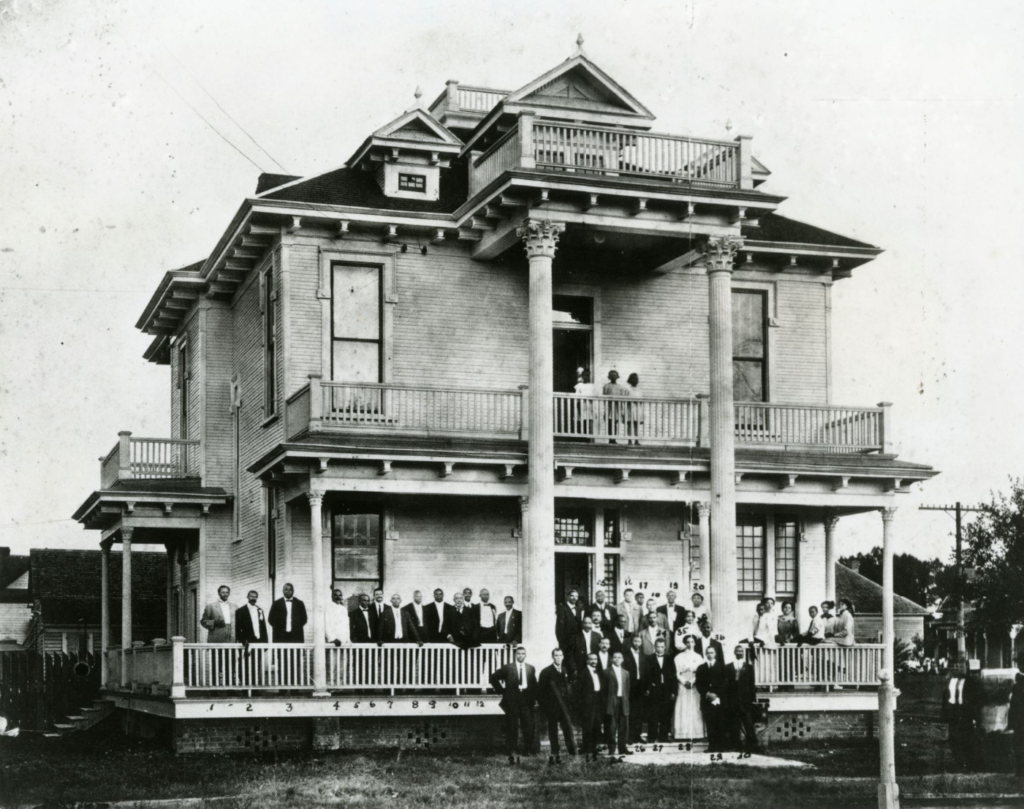
The effects of Jim Crow weighed heavily on traveling Black Americans who had very few options for room and board. Dr. Benjamin Covington and his wife, Jennie Bell, regularly hosted famous Black Americans when they visited Houston.
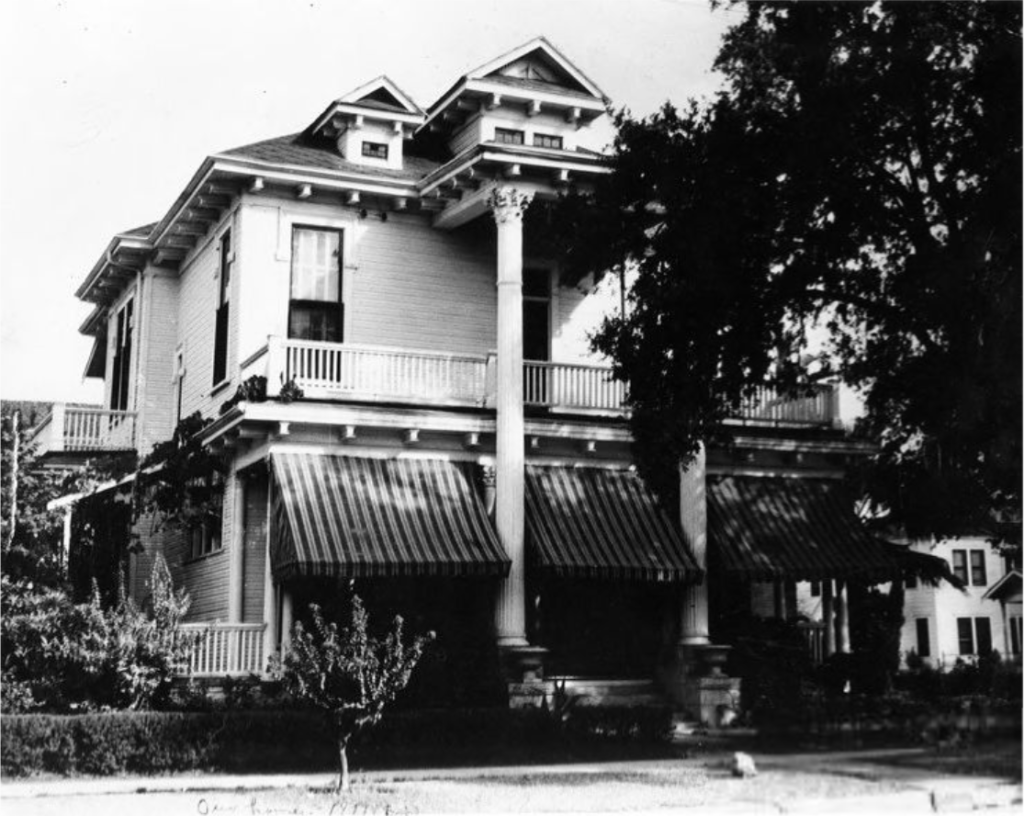
The Covington family home was located at 2219 Dowling (Emancipation) in the heart of Houston’s Third Ward. They frequently entertained local and out of town guests at their home and it was about as well-appointed as one could imagine.
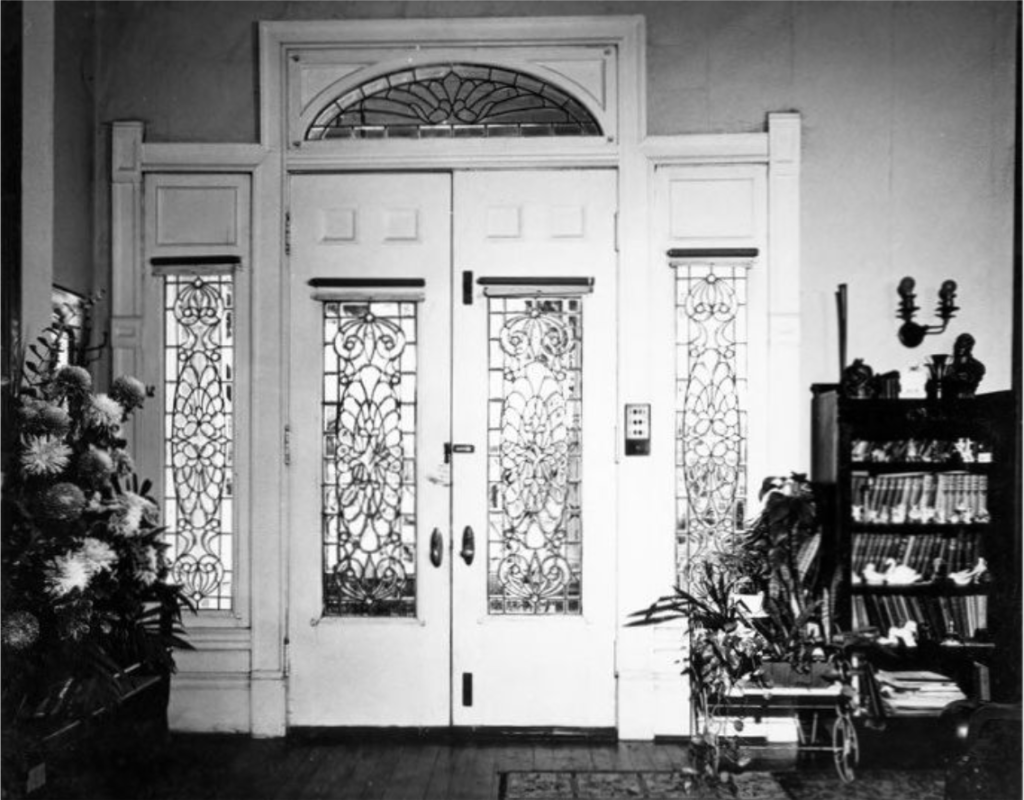
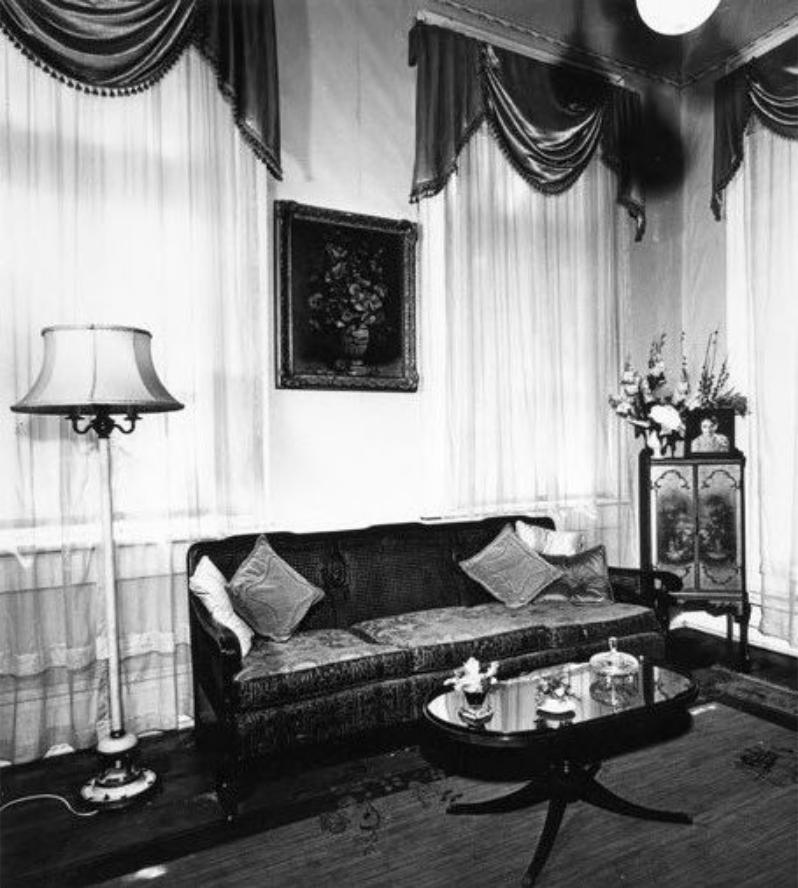
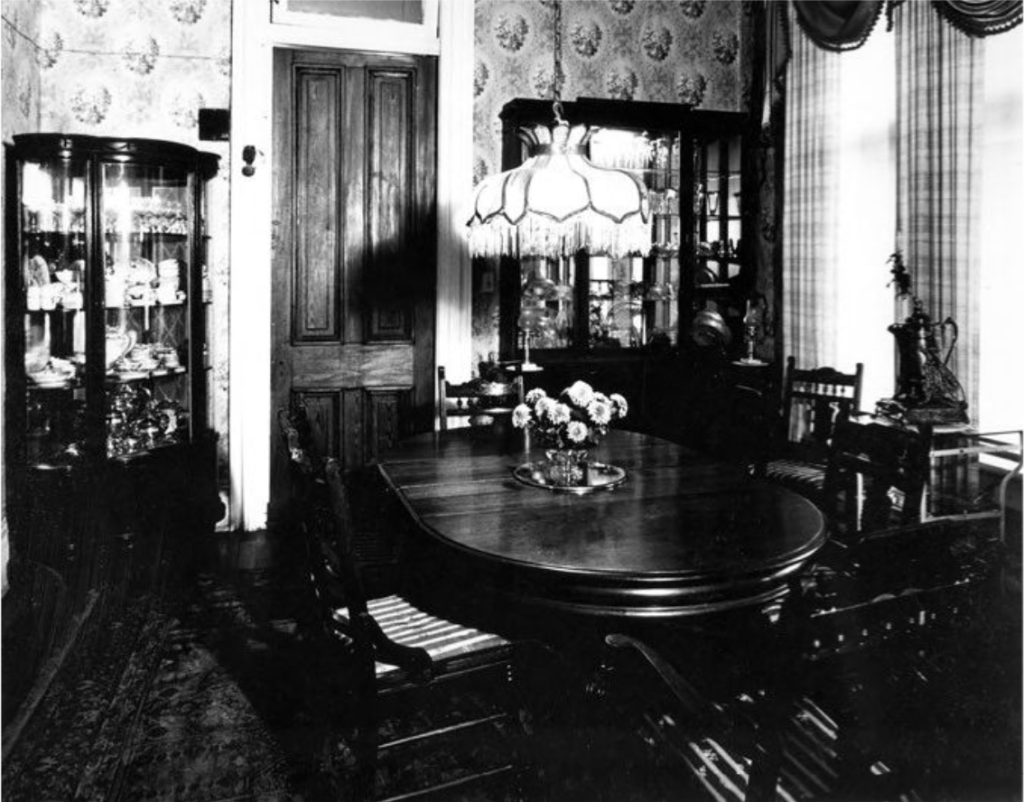
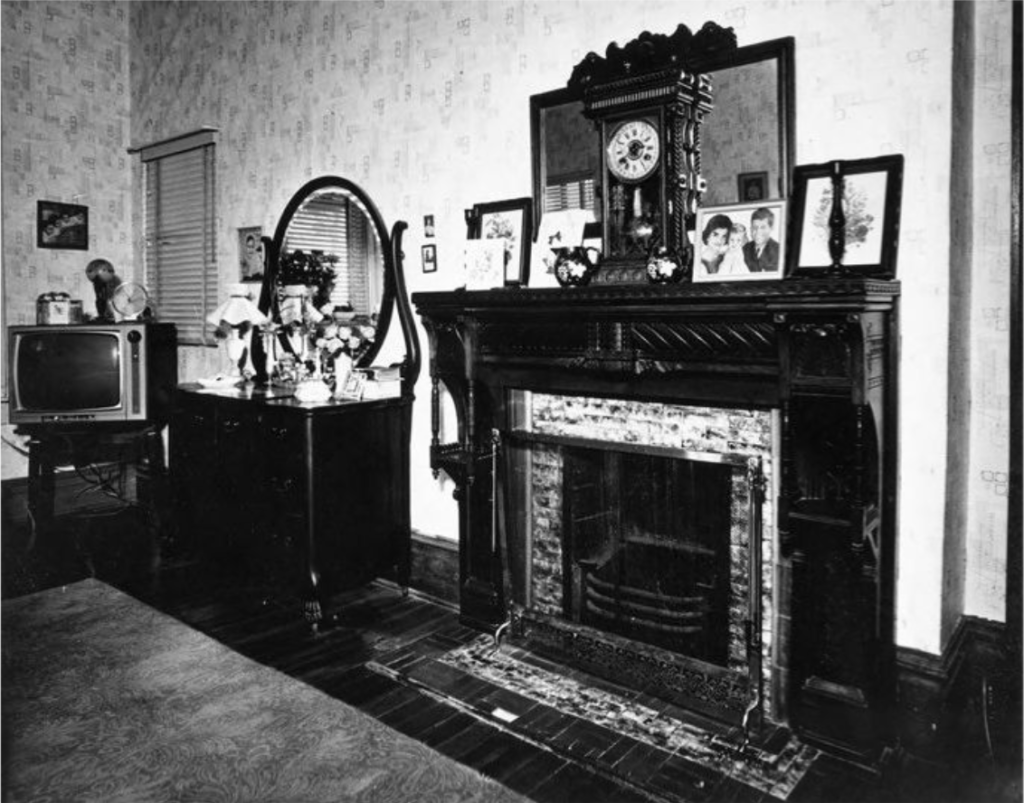
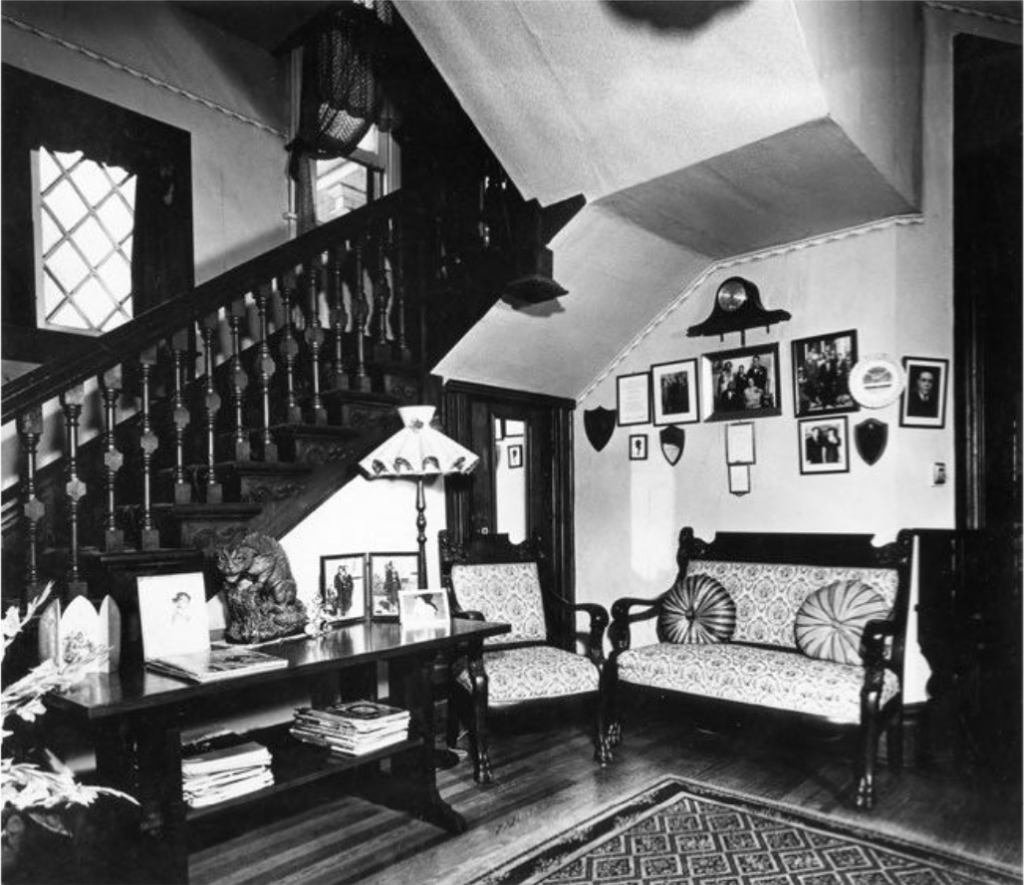
Sadly, the home was razed in 1978 and is currently sitting as an empty lot. In 1994, a historical marker was placed on the site to commemorate the site and the Covington family legacy.
Legacy
Anyone who resided in Houston between 1900 and 1960 knew who the Covingtons were due to their reputation for charity, hospitality, and service. They were highly respected by the Black and White communities of the city during a time when Black people were regularly viewed as second class citizens.
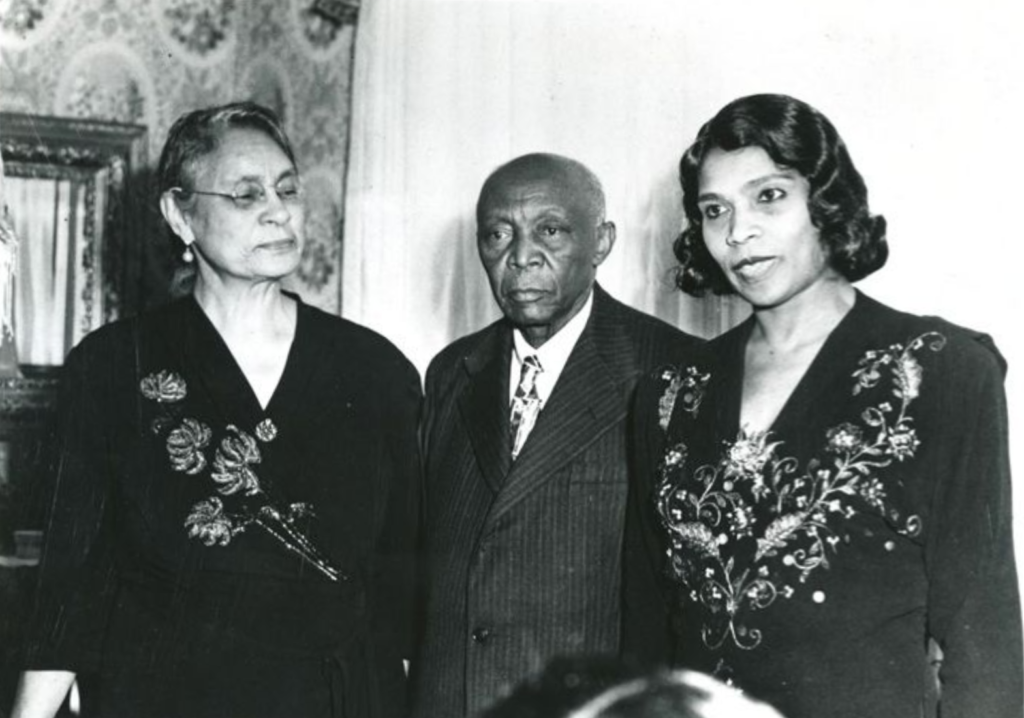
While Benjamin and Jennie Belle Covington made an immeasurable impact during their lifetime, you won’t need a time-machine to see the results of their service. The Covingtons were partially or directly responsible for many organizations and services that have continued to help others long after their deaths.
The YWCA – Blue Triangle and Houston Settlement Association (now Baker Ripley) are still providing services to the youth of Houston’s under-served communities today. The Negro Child Center gave many Black children a hot meal and warm bed when they had anything but.
The Ebony Fashion Show, co-founded by Jessie Covington Dent, raised well over $60 million for Black nonprofit organizations, scholarships, schools and hospitals during its running.
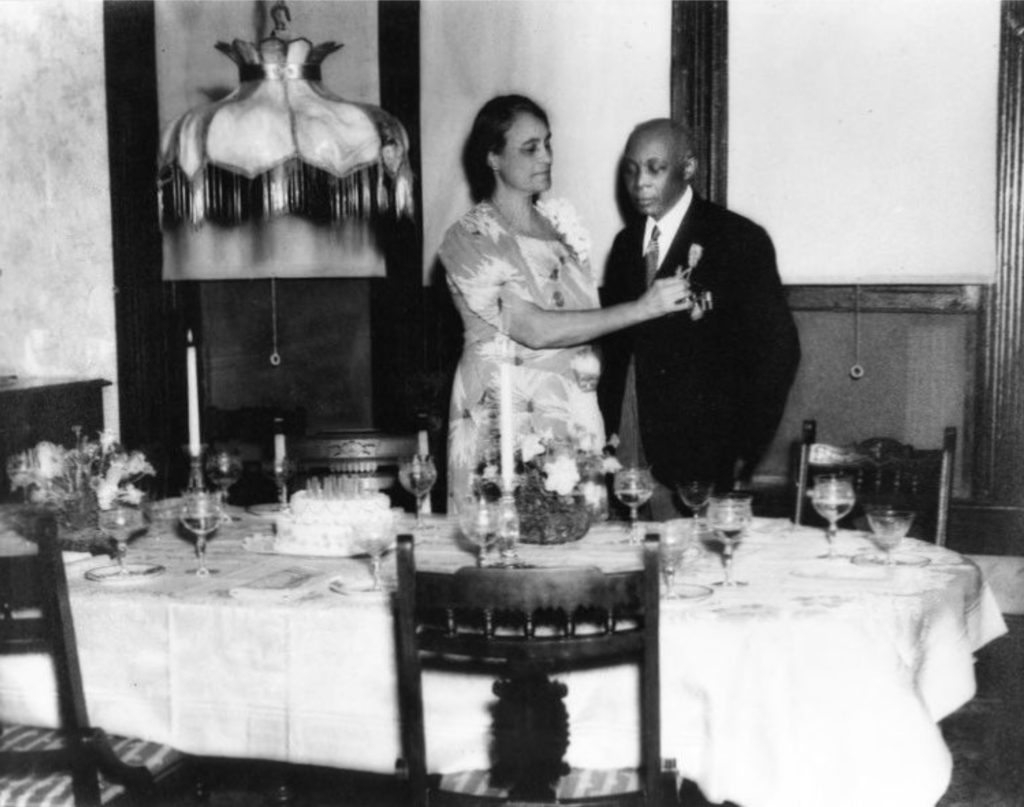
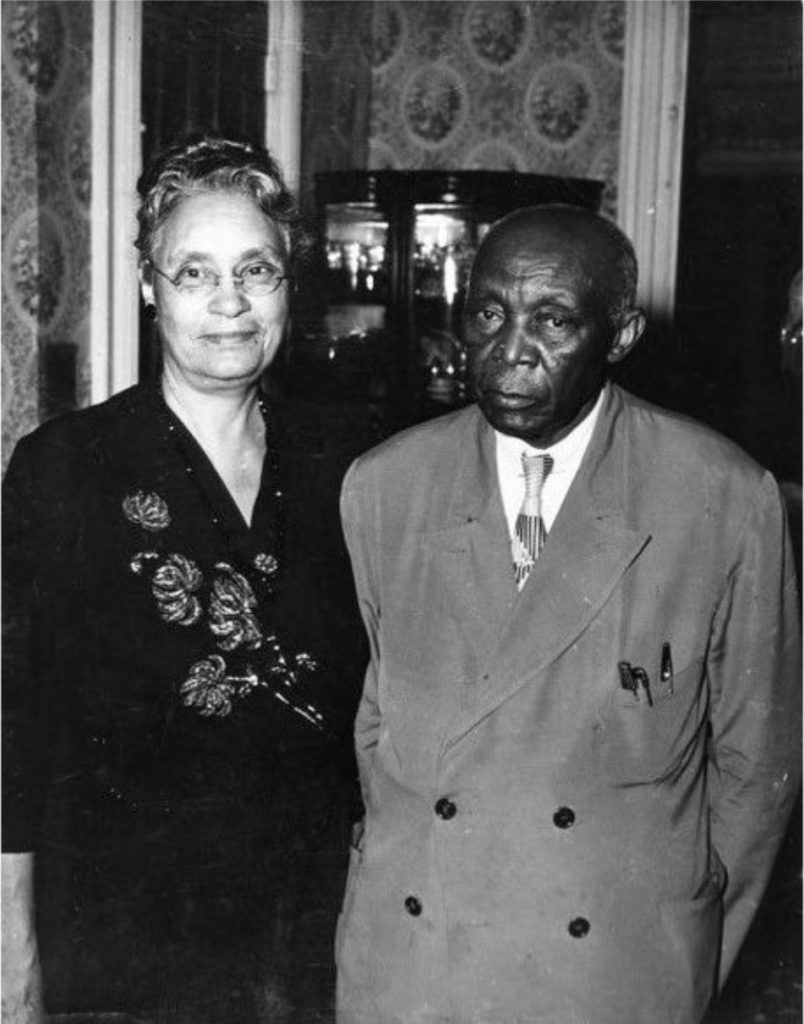
How many lives were saved as a result of Dr. Benjamin’s public health improvements and influenza formula? How many traveling Black Americans found a safe place to lay their head in a time where making the wrong stop could mean death? What about the hospitals built in Houston’s Black communities?
These aren’t answerable questions as it is impossible to quantify the lives impacted by the Covington family’s lifelong dedication to service. They were the embodiment of civic duty and the imprint left by the Covington family will be felt for many more years.
All photos courtesy of the Houston Public Library